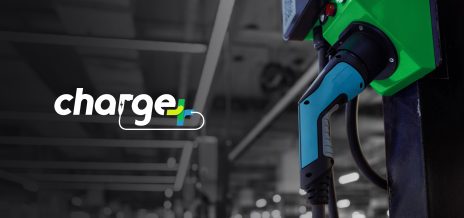Défis Innovation Québec
Supply and ground transportation challenges: Innovation to the rescue!
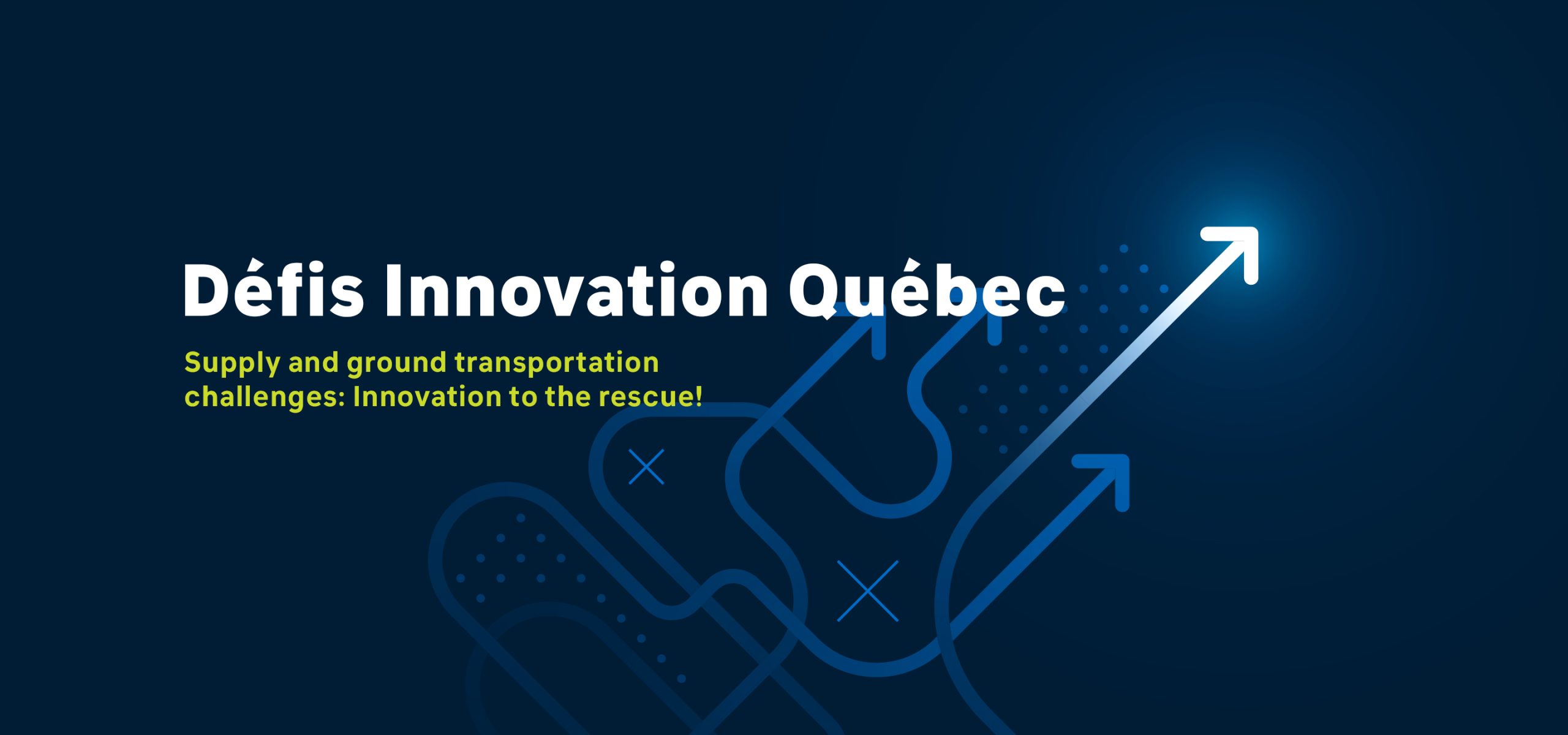
The Défis innovation Québec program funds experimental projects by Québec companies with ties to government departments and public bodies in amounts up to $500,000 each. This program: This program:
- Supports the growth of Québec businesses by encouraging the development of marketable innovations that address supply issues confronting government departments and public bodies.
- Helps these departments and public bodies find innovative solutions to better meet their supply needs (mission or operations).
What is this challenge all about?
This challenge is an opportunity for companies to innovate to advance their sustainable transportation and mobility mission. More specifically, the challenge is designed to:
- Develop and/or implement innovative technological solutions and services;
- Address issues confronting a government department or public body in response to a specific need not met by existing commercial products or services;
- Focus on the growth of Québec businesses;
- Promote conditions conducive to innovations that meet the needs of government departments or public bodies.
Description and objectives
Government departments and public bodies need innovative goods and services to fulfil their overall missions, improve the public services they deliver, and make their daily operations more efficient and effective. Often, they lack the financial leverage, programs or resources to tackle these issues.
The Défis innovation Québec program supports businesses, especially SMEs, interested in addressing the ground transportation issues confronting government departments and public bodies by letting them develop and test their innovative technological solutions in real-life settings (electric and smart transportation products and services). Funds provided to the companies selected to join the Défis innovation Québec program will support various stages of their innovation projects to:
- Support the various stages of the product or process innovation project, including planning, development and upgrading;
- Accelerate the completion of innovation projects;
- Help improve productivity and competitiveness of companies, especially SMEs;
- Document he benefits of new technologies in addressing the challenges confronting government departments and public bodies (impact measurement).
The areas covered by this call for proposals (CFP) relate to electric and smart transportation, i.e., including but not limited to electric vehicles, charging infrastructure and digital solutions to modernize public services faster, while providing business opportunities to Québec companies, allowing them to market their innovations more quickly.
The selected challenges from the first phase
Challenge 1 – Free up public space for the benefit of greening spaces and sustainable development.
- Challenge bearer: L’Agence de Mobilité Durable
- The challenger: Click’n’Park
- Solution tested: The Clicknpark mobile app will allow the public to reserve and prepay existing off-street parking spaces that are undervalued or currently not accessible.
Challenge 2 – Optimize the energy and operational efficiency of snow removal in urban areas.
- Challenge leader: Ville d’Alma
- The Challenger: Niosense
- The solution tested: Adapt the Niosense system and establish real-time metrics and communications with traffic lights to reduce time wasted during operations as well as the environmental footprint of snow removal.
Challenge 3 – Recharge and power vehicles or devices in locations far from power grids
- The bearer of the challenge: SÉPAQ
- The challenger: Ingenext
- The solution tested: Develop a recharging and mobile power unit from reused batteries.
Challenge 4 – Electrify, optimize, and improve the energy efficiency of the maintenance works of the participating cities.
- The bearer of the challenge: Ville de Sainte-Julie, Ville de l’Assomption, Ville de Lévis
- The Challenger: Gamotech
- The solution tested: Test and adapt Gamotech technology in order to provide these cities with the most efficient, durable and least expensive power unit possible according to their needs.
Challenge 5 – Fast charging on marginal power grid
- The bearer of the challenge: Hydro-Québec
- The Challenger: YULtek
- Solution being tested: Develop and test a high-speed electric car charging system for locations where only low-power single-phase electricity is available.
Continue reading on the subject

Defence and Security
The Electric and Smart Transportation (EST) positioning program for D&S is a project that will ultimately allow Propulsion Québec members to tailor their product and service offering to multiple D&S markets, facilitating the transition to electric and smart vehicle fleets and infrastructure.
Read more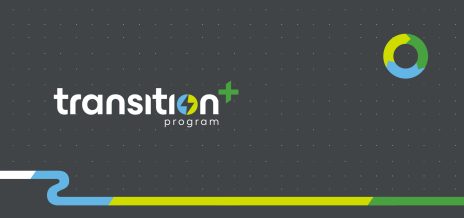
Transition+
Tracer la voie aux pionniers québécois pour la transition électrique des transports
Read more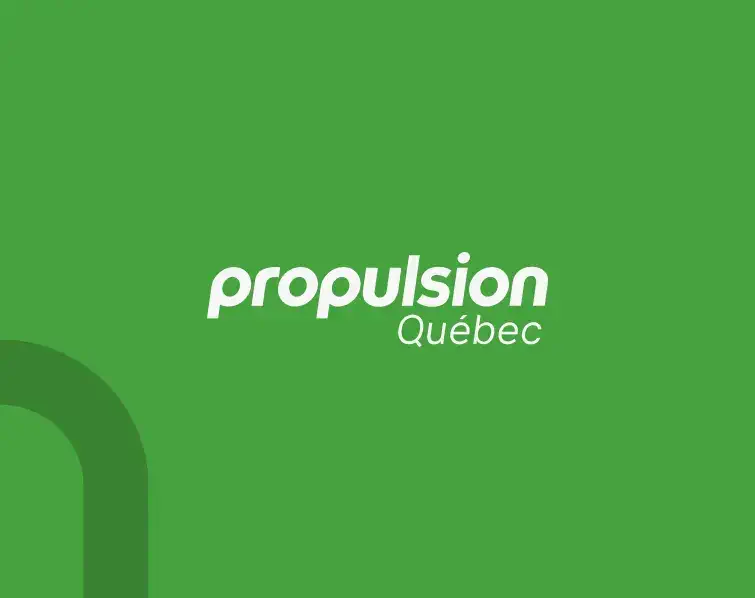
Propulsion Québec unveils three programs to support and develop Quebec’s electric and smart transportation industry
Propulsion Québec, the cluster for electric and smart transportation (EST), has partnered with the Government of Canada to establish three programs that will grow and develop the EST industry.
Read more